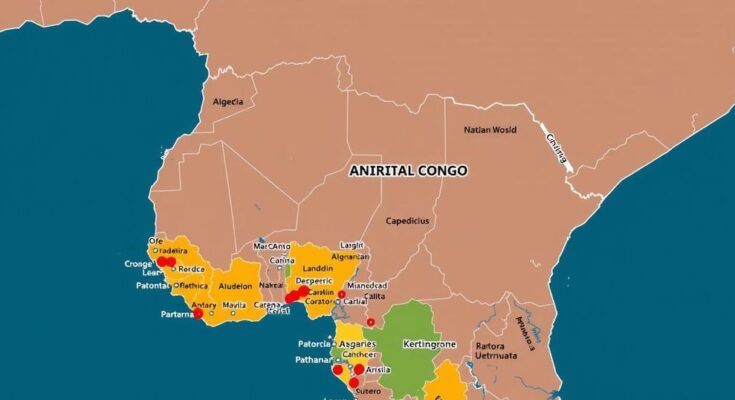In September 2024, INSO recorded 114 incidents impacting NGOs, reflecting a slight decrease attributed to reduced violence in the DRC and Nigeria. However, critical risks remain, particularly in conflict zones like Ukraine and Sudan, where humanitarian access is increasingly threatened by armed groups and governmental actions. Further disruptions occurred in Somalia and Mozambique, while the Middle East faces escalating violence, particularly in the West Bank and Gaza.
In September 2024, INSO documented a total of 114 incidents concerning non-governmental organizations (NGOs), representing a slight decrease attributed, in part, to reduced incident volumes in the Democratic Republic of the Congo (DRC) and Nigeria. However, the occurrence of fatal incidents in both Ukraine and the DRC served as a stark reminder of the specific risks faced by humanitarian workers in these areas. In Nigeria, extensive flooding in the northeastern part of the country likely contributed to a reduction in overall organized armed group (OAG) activities and related criminal incidents impacting NGO personnel. Meanwhile, OAGs and governmental actions against them have continued to interfere with the operational access of NGOs in various regions. In Somalia, an improvised explosive device (IED) planted by Al-Shabaab injured two civilians at an NGO project site in Jubaland. Furthermore, in Sudan, the actions of the Rapid Support Forces (RSF) in detaining NGO staff across multiple incidents indicate a rising instance of interference with humanitarian efforts. In Mozambique, government operations targeting the insurgent group Islamic State – Mozambique (IS-M) have resulted in new access challenges, as IS-M members have reportedly begun to regroup in southern regions of the country. The broader Middle East landscape has seen shifted attention toward Lebanon; however, violence in the West Bank is escalating, coupled with an ongoing major operation by Israeli forces in Gaza City.
This overview seeks to portray the safety and operational challenges faced by NGO personnel in various international contexts, particularly in regions with high levels of armed conflict and humanitarian crises. NGOs play a vital role in delivering assistance and support to vulnerable populations, yet their work is often hindered by violence, political instability, and hostile actions from both insurgent groups and government forces. September 2024 reflects a period of fluctuating threat levels for NGO operations, emphasizing the need for constant adaptation in risk management and operational strategies in response to local developments, such as natural disasters and armed conflict.
In summary, the report for September 2024 illuminates the dynamic and perilous landscape in which NGOs operate, with a slight decrease in incidents attributed to varying factors across different regions. Increased risks remain present, particularly in conflict-torn areas such as Ukraine, the DRC, and Sudan, where hostility towards humanitarian operations appears to be on the rise. The findings underline the critical importance of ongoing vigilance and adaptive strategies for NGOs to ensure the safety and effectiveness of their missions globally.
Original Source: reliefweb.int




